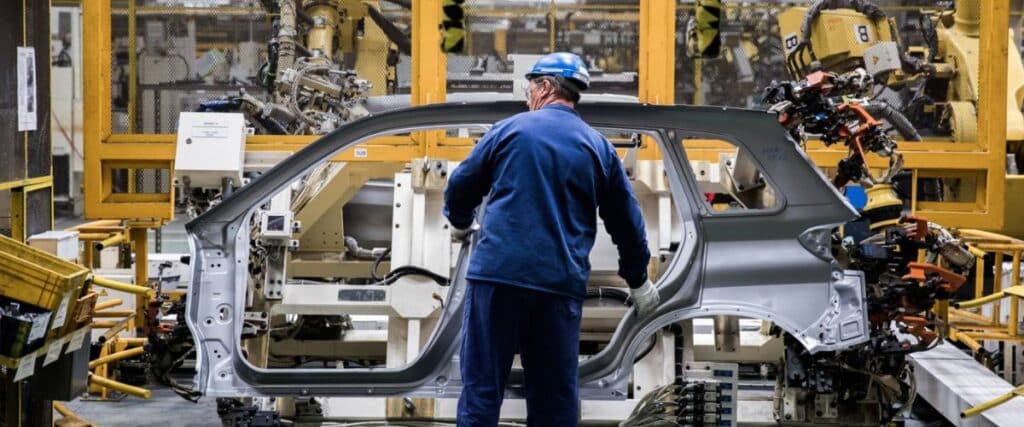Automakers in Japan are ramping up their software engineering capabilities to emulate Tesla’s digitally-enabled success.
Auto manufacturers in Japan have announced plans to expand their software engineering capabilities through upskilling and growing their workforces.
Honda Motor is making a strategic shift toward a software-driven business model similar to Tesla’s, and plans to double its number of programmers to 10,000 by 2030. The Japanese automaker aims to reduce its reliance on traditional manufacturing and embrace the growing importance of software development in the automotive industry.
To achieve this goal, Honda will strengthen its partnership with Indian software developer KPIT Technologies. Through this collaboration, the number of software engineers working for Honda will increase from 900 to 2,000. Additionally, Honda intends to hire more software experts, aiming to create a software engineering team that includes both internal and external talent.
Toyota is also expanding its software engineering capabilities. By 2025, Toyota plans to retrain 9,000 workers to bolster its electric vehicle and autonomous driving businesses. The company envisions having 18,000 software engineers across the group by 2025, with its autonomous driving unit playing a crucial role in this software-focused strategy.
The profitability of automotive manufacturing has been significantly influenced by Tesla’s success, particularly due to its software development prowess. Tesla’s ability to add new features to its vehicles through software upgrades has allowed it to generate five times more profit per car sold compared to Toyota. The labour-intensive nature of software development means that the number of software engineers directly impacts a carmaker’s competitiveness.

The automotive industry has witnessed a significant increase in the complexity of vehicles’ electronic control systems. Modern vehicles can now have nearly 100 electronic control units, requiring up to 100 million lines of code. As a result, rival automakers, including General Motors and Mercedes-Benz, are also investing in software engineering capabilities to ensure they remain competitive in this rapidly evolving landscape.
However, becoming as agile as consumer appliance manufacturers poses a challenge to automakers. Volkswagen, for instance, had to delay the launch of its Porsche Macan electric vehicle to 2024 due to software development issues. In contrast, Chinese electric vehicle manufacturers have prioritised product development over software and have relied on local computer companies like Huawei for operating systems and autonomous driving systems to reduce lead times.
While Japanese automakers are making significant strides in their software push, they may face difficulties in securing sufficient software engineering talent. The shortage of skilled professionals in this field could potentially impede their progress. Masashi Okada, a principal at management consultancy Arthur D. Little Japan, warns that this lack of talent could pose a hurdle for Japanese carmakers in their pursuit of a software-driven future.
Featured banner image credit: japantimes.co
Related Articles
Japan to Expand Homegrown GPS Network Michibiki Quasi-Zenith Satellite System
Japan Researching How to Unleash the Potential of Solar Power from Space





